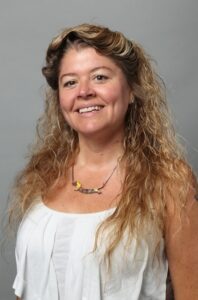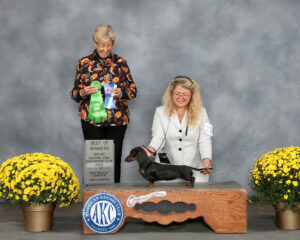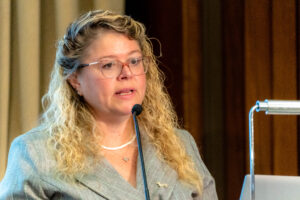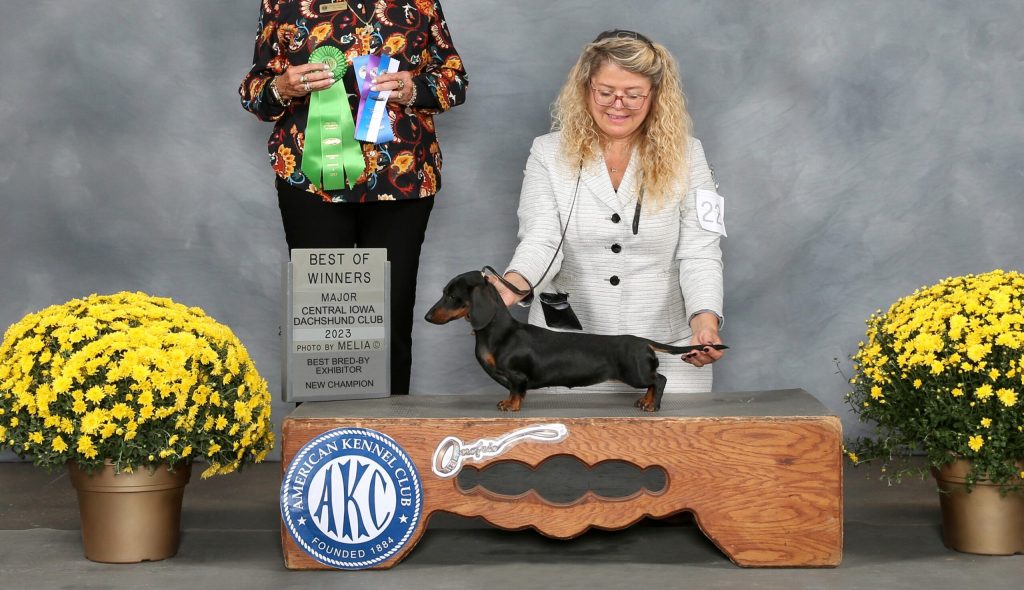hide
<>Michelle is a member of the WSAVA Reproduction Control Committee, which previewed its new Global Guidelines during WSAVA Congress.
h3
hide

Could you summarize your career to date?
I graduated veterinary school from Washington State University in the United States in 1993. After 4 years in private practice, I pursued a theriogenology residency at Cornell University. Once I’d completed it, I undertook a PhD in Physiology. I am now a Full Professor at Oregon State University.
When and why did you get involved with the WSAVA’s Reproduction Control Committee (RCC)?
I have known Dr Stefano Romagnoli, the RCC’s Chair for more than 20 years. In 2019, we spoke at a conference and he mentioned that the WSAVA was forming a Reproduction Control Committee. I was keen to join so applied as soon as the announcement for applications went out.
You’ve been working with the rest of the RCC on a set of Global Guidelines for Reproduction Control. How did the Committee approach this project?
We started with a brainstorming session and developed an outline from that. Each Committee member worked on one of the six key sections – though we all helped with content and editing for each section so it really was a team effort. 
Could you tell us a little about the Guidelines and how you hope they will support WSAVA members?
They provide extensive detail on a variety of methods for surgical sterilization. They also offer non-surgical sterilization options; from hormonal down-regulation to gene therapy, together with important evidence-based details on the health benefits, as well as the health risks, of traditional surgical sterilization methods.
They also analyse the ethical issues behind pet sterilization and offer recommendations that may vary between responsible pet owners and welfare agencies.
In summary, they provide a great deal of information about reproduction control in one place for WSAVA members to read and reference.
 What is the most important message you would like WSAVA members to take away about the importance of their role in supporting reproduction control?
What is the most important message you would like WSAVA members to take away about the importance of their role in supporting reproduction control?
The key message is that ‘one size does NOT fit all’. There are many instances in which removing the gonads is not in the best welfare interest of the animal and alternative methods should be used; just as there are many instances in which removing the gonads is in their best welfare interest.
What do you like to do outside work to relax?
I am a mother of three grown children. My youngest child is working on a PhD in Engineering Psychology at Oregon State University. My middle child is a practicing veterinarian. And my oldest child gave me my first grandchild a year ago (#proudgranny). I also breed, train and show AKC-registered Dachshunds. I am an AKC breeder of merit as well as an AKC judge for hound field trials, earthdog tests, and trick dog, farm dog, and canine good citizen certificates.
hide
hide

